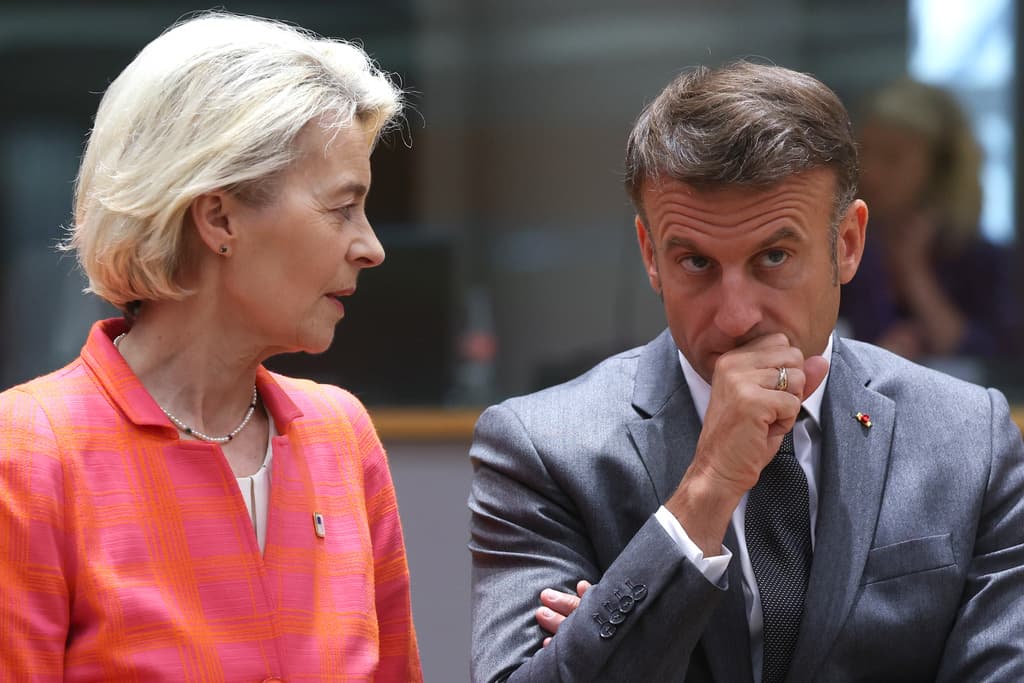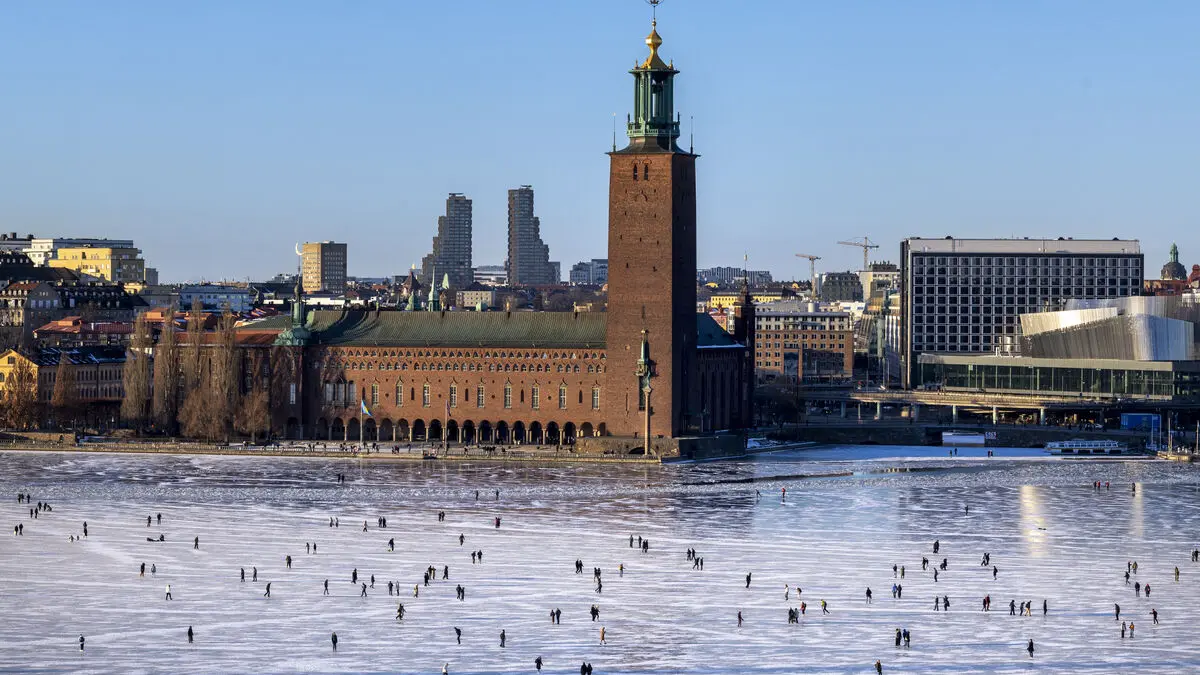The EU leaders have backed Ursula von der Leyen as the President of the EU Commission. Now she must also convince the EU Parliament.
To really get the job, von der Leyen needs to get the support of at least 361 of the 720 members in a vote that is provisionally scheduled for July 18.
Reaching that figure is not easy, even though her support troops in the three middle groups in the parliament - the conservative EPP, the liberal RE, and the social democratic S&D - together hold 399 seats.
The vote in the parliament is, however, secret, which means that all members who want to go against their party line can do so without being noticed. Several parties in the middle groups - such as the French LR in EPP and the Irish Fianna Fáil in RE - have already stated beforehand that they are against von der Leyen, regardless of what their group thinks.
Promises to Members?
For the German and her colleagues, a few intense weeks await as they try to convince as many members as possible to support her, with promises of what she will do or not do as President.
First and foremost, she will likely want to secure the middle groups. Then the question is whether she will also dare to turn to the Greens with environmental promises or some of the parties to the right with, for example, border or migration measures.
For me, it's a matter of convincing a broad majority for a strong Europe, says von der Leyen herself at her press conference after the summit.
At the same time, it's about not scaring off one side by going too far to meet the other.
It's a narrow margin. The more important it is to reach out very broadly and be very open-minded when talking to different politicians, notes Prime Minister Ulf Kristersson (The Moderate Party).
It's also fully possible that the vote will be postponed until the fall - just like when predecessor José Manuel Barroso was re-elected as Commission President in 2009.
Assembling a Team
If and when von der Leyen has been elected, another tough task begins with assembling a new Commission. Tough talks await when all EU countries want their Commissioner to get an extra important and prestigious assignment.
When the team is assembled, each one will also be subjected to tough committee hearings in the EU Parliament during the fall. Traditionally, at least one, often two, of the proposed candidates are rejected and replaced along the way.
On December 1 - provisionally - the new EU Commission is expected to take office.
Here are some important dates ahead in the EU calendar:
July 1: Hungary takes over as the presiding country in the Council of Ministers.
July 2: Ursula von der Leyen meets the EU Parliament's group leaders
July 16: The EU Parliament gathers for its first session in Strasbourg, including the election of speakers
July 18: Provisional date for the vote in the EU Parliament on Ursula von der Leyen
July/August: Member states are expected to nominate their new Commissioners
September 16: The EU Parliament gathers for its second session in Strasbourg
October 17-18: The EU's heads of state and government hold a summit in Brussels






